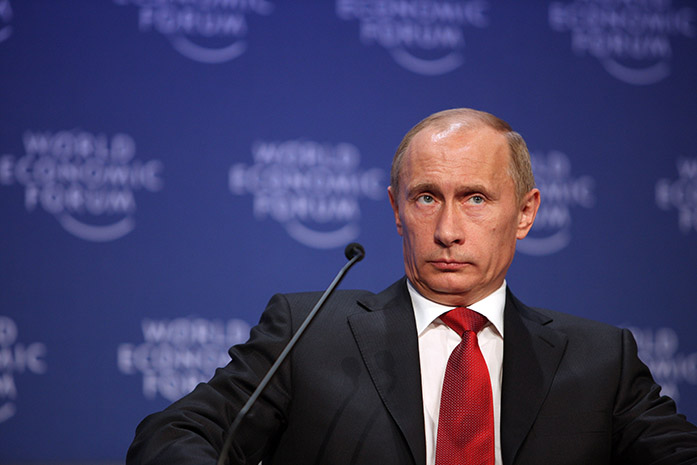In the increasingly connected and globalized world we live in, it seems only natural that international incidents because of communication breakdown would become obsolete, at least between countries. Military escalation is a decidedly 20th-century (or earlier) way of doing business.
Yet on Nov. 24, Turkey shot down a Russian jet near the Turkish-Syrian border, killing one of the two fliers in the process. It’s the first instance of a NATO country downing a Russian plane in decades and threatens to throw another wrench into the multifaceted battle against the terrorist group ISIS in the region.
The Russian and Turkish versions of the story are told differently, but depending on which one you listen to, the Russians either ignored warnings from Turkey’s air force and violated the country’s airspace, or they stayed on the Syrian side, where their plane was attacked by two Turkish aircraft.
To make matters worse, Turkish militants fired upon Russian forces conducting a search-and-rescue operation. The Turkmen, a group with close ties to the government, reportedly shot at the aircraft. A Russian marine was killed.
Russian President Vladimir Putin wasted no time in turning up the rhetoric, calling the incident “a stab in the back” and saying it would have “serious consequences for Russia’s relationship with Turkey.” Turkey’s leaders quickly tried to strike a balancing act in public statements, not expressing regret for the incident but indicating that they wanted to move past it with Russia.
Turkish President Recep Tayyip Erdogan said the Russian jet “did not answer our warning,” though the nature of those warnings is also in dispute. According to CNN, U.S. calculations show the jet was only in Turkish airspace for around 30 seconds before it was fired upon. Turkey has not clarified when its forces began sending warnings to the jet, though it contends it issued 10 warnings over five minutes.
The incident will obviously have ramifications on geopolitics between Russia and Turkey, but it also drags other NATO countries into the conflict. President Obama said Turkey has “every right to defend its territory and airspace” during a press conference in France and went further in deriding Russia’s military strategy in the region, from its proximity to the Turkey-Syria border to its targets. “The problem has been Russia’s focus with propping up Assad rather than [fighting] ISIS.”
The Daily Iowan Editorial Board believes that, while this incident will be difficult to move past for Turkey and Russia, these two nations are integral in the war against ISIS. With the upcoming climate summit in France, these nations will have a chance to work out these grievances and continue antiterrorism efforts without further military escalation against each other.
The United States and other NATO partners will have an important role to play in this endeavor as mediators. Throughout, we must stress that we’ll remain unbiased in the investigation of what really happened, and that though the downing of a jet is unfortunate, it doesn’t have to mean an escalated retaliation. We still have control over what happens next.



